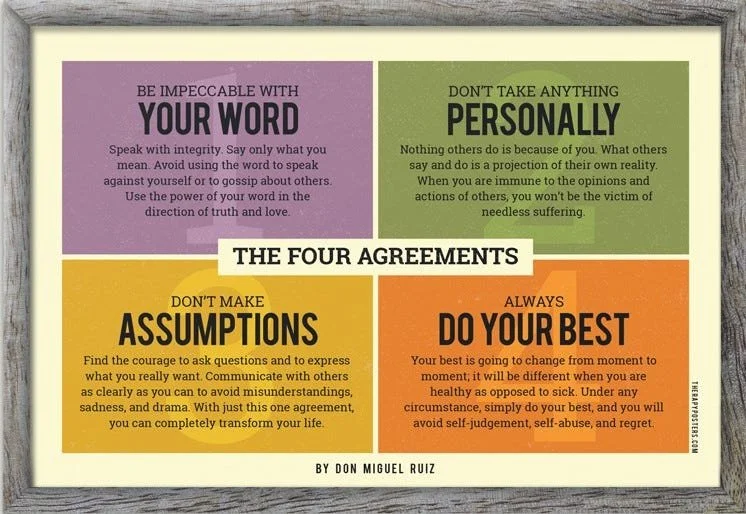Shared Value is defined as addressing social needs with a business model to achieve social and economic value. It was first identified as a business practice in 2011, after implementation at companies like Nestle, Unilever, GE and Discovery over the previous five + years. This year, Shared Value enters its second decade and will increasingly accelerate, as it becomes a competitive advantage for business.
Encouraging Pro-Social Behaviour in the Workplace
Pro-social behaviours are actions that directly or indirectly benefit a person or society. Many companies have started to encourage pro-social behaviours as part of their community and people engagement programs. This means enabling employees to donate through the workplace, incentivizing people to bike to work, compost in the office or organizing company wide volunteer days, companies are definitely seeing a return on this investment.
Emerging Ways of Giving
As we get ready to celebrate Philanthropy Day, it is interesting to reflect on how giving has changed in recent years. In the past, the vast majority of donations were religious in nature and now, this number is much lower. People today like to connect with the charities they donate to and know the impact they are making on their chosen cause.
Cause Marketing versus Sponsorship - What’s the difference?
At JS Daw & Associates, multi-stakeholder partnerships are core to our business. Partnerships come in many different forms and can be applied across a wide range of situations. The relationships between partners can have varying degrees of depth and length.A question I often get asked is “What is the difference between cause marketing partnerships and sponsorship?”
Principles, Not Playbooks Drive Partnerships
Multi-stakeholder partnerships are more and more seen as a key way to tackle the complicated and complex challenges we face as a society. I am a great champion of the power of partnership and believe that they can really make a significant difference. However, too many collaborations jump head first into the partnership without considering the complicated mechanics of 'how' to successfully partner.
Social Enterprise in Action! Deepwater Farms
Social entrepreneurs are change-drivers that creatively approach some of our most substantial social problems and look to leverage business solutions in solving them. Their social purpose allows them to change the world while their business focus allows for sustainability and flexibility. This past weekend Beakerhead held a Social Venture Pitch Contest, sponsored by Trico Charitable Foundation.
Growing the Purposeful Workforce
There are two types of employees in today’s workforce, those who come to work in order to get a paycheck, and those who believe their work can have a greater impact. Recently we have seen an increase in purpose driven employees as millennials enter the workforce and baby boomers look for a higher meaning in their day to day work.Millennials in particular are well-known for being more purpose driven than any other generation.
Reflections from the Partnership Brokers Community of Practice
At the end of June I attended the global Partnership Brokers Association’s weeklong Community of Practice. Almost 20 Partnership Broker practitioner trainers from around the world gathered to study and reflect on how to strengthen the partnership process through the emerging profession of Partnership Brokers. The Community of Practice meeting involves sharing new ideas, evolving the training material and learning from thought-provoking discussion. Here are three highlights from the week:
Engaging Employees: ‘Employee’ Centered Design
Encouraging engagement among employees is an age old problem that is not getting any easier. More and more companies are implementing employee engagement programs, but the majority difficulty with low participation rates. So what makes the difference between an engaging, exciting program and the lackluster ones that we see all too often?
Five Reasons to Sign Up For Partnership Brokers Training this Fall!
If you want to travel fast, travel alone. If you want to travel far, travel together” –African Proverb It can be said that partnering creates a whole that is significantly greater than the sum of the individual parts, and in the process builds greater value than any one partner could achieve on their own. But what does it take to make a partnership successful? What makes some partnership successful and others not?




